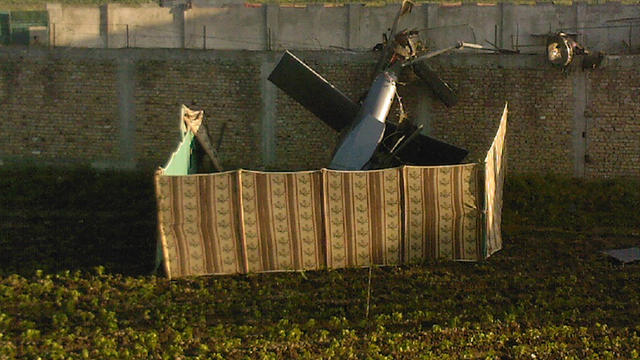
Blackhawk pilot's quick thinking credited in raid
Split-second maneuvering of crashing helicopter allowed SEALs to rope into bin Laden compound; wrecked tail gives aviation experts first look at secret craft
Watch CBS News

David Martin has been CBS News' national security correspondent, covering the Pentagon and the State Department, since 1993. In that capacity, he has reported virtually every major defense, intelligence and international affairs story for the "CBS Evening News," as well as for other broadcasts, including "60 Minutes" and "48 Hours." He also contributed to "60 Minutes Wednesday."
During the invasion of Afghanistan and the war in Iraq, Martin's in-depth knowledge of how the State Department, intelligence community and military operate, both on the battlefield and in Washington positioned him as the "big picture" reporter for CBS News. Utilizing his own sources and reports from CBS News correspondents in the region and around the world, as well as in Washington, he explained and assessed the military's strategies and operations for viewers.
Martin broke several significant stories before and during the Iraq war. He was the first to report on the opening night of the war, that the U.S. was launching a strike on a palace bunker in southern Baghdad in an attempt to take out Saddam Hussein. Martin also broke the story of the military's "shock and awe" strategy for its initial strike on Baghdad. During a trip to Iraq in May 2003, he was the first journalist to visit and report on Dora Farms, where Saddam was said by the CIA to have been hiding on the opening night of the war.
Martin has received several Emmys, most recently in 2012 for his story "Starting Over." He has also received two Alfred I. duPont-Columbia University Awards (2002 and 2004) for his body of work, most of which has appeared on the "CBS Evening News" and "60 Minutes Wednesday."
Regarding the first Alfred I. DuPont-Columbia University Award, the award committee said that his "consistently excellent reporting on the beat of national security hit its peak this year....break[ing] news on a wide range of defense and security stories with details that only experience and doggedness can ferret out. This is exemplary reporting that repeatedly breaks through the barriers of official statements."
In awarding the second DuPont, the committee said, "David Martin's reports on the Pentagon, the military build-up to the Iraq war and on the war itself demonstrate his exceptional grasp of national security issues. Teamed with his long-time producer, Mary Walsh, Martin consistently breaks new information with clear reporting on the Pentagon's goals. He exemplifies the role of a journalist: to measure what we are being told against what we find out."
Martin also received the 2004 Joan S. Barone Award for excellence in Washington-based national affairs and public policy reporting awarded by the Washington Radio & Television Correspondents' Association.
He joined CBS News as its Pentagon correspondent in 1983. Martin's duties later expanded to include the State Department and intelligence beats.
Before that, he covered defense and intelligence matters for Newsweek magazine from its Washington bureau (1977-83). Martin was a reporter with the Associated Press in Washington (1973-77), covering the FBI and CIA. He also was a member of the AP special assignment team (1977).
Martin began his journalism career as a researcher for CBS News in New York in 1969. He then became a news writer with the AP broadcast wire (1971-72) and a fellow at the Washington Journalism Center (1973).
Martin is the author of two books, "Wilderness of Mirrors" (Harper & Row, 1980), an account of the secret wars between the CIA and KGB, and "Best Laid Plans: The Inside Story of America's War Against Terrorism" (Harper & Row, 1988).
He was born July 28, 1943, in Washington, D.C. He graduated from Yale University in 1965 with a bachelor's degree in English. During the Vietnam War, Martin served as an officer aboard a U.S. Navy destroyer.
Martin and his wife, Dr. Elinor Martin, live in Chevy Chase, Maryland. They have four children.

Split-second maneuvering of crashing helicopter allowed SEALs to rope into bin Laden compound; wrecked tail gives aviation experts first look at secret craft
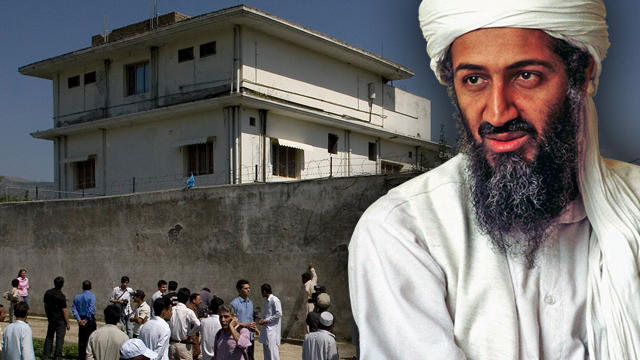
Details of operation to kill Osama bin Laden emerge as SEALs commander testifies before Congressional committees
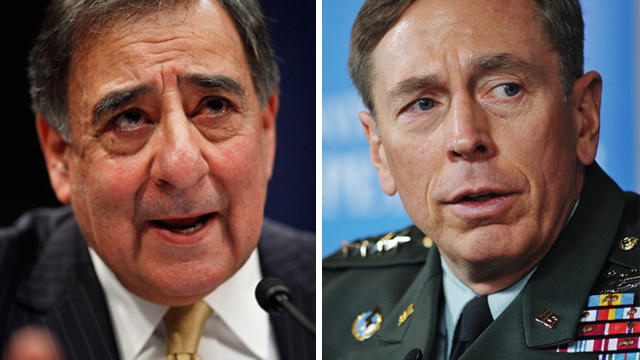
CIA director is insider well versed in war in Afghanistan, while Petraeus is uniquely qualified to know what intelligence troops need
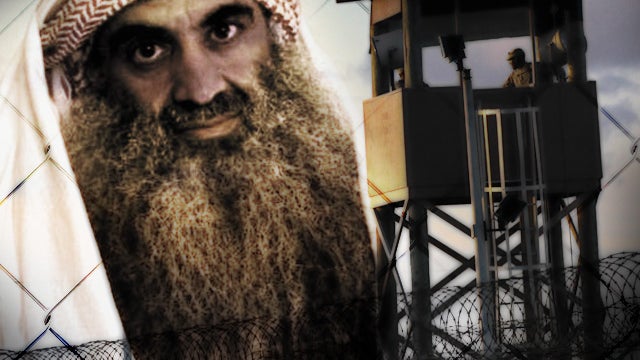
Latest WikiLeaks docs offer new insights into al Qaeda's leadership, though accounts come from unreliable Gitmo prisoners

Department of Defense inspector general can't confirm many of the disparaging comments published in "Rolling Stone" article last year
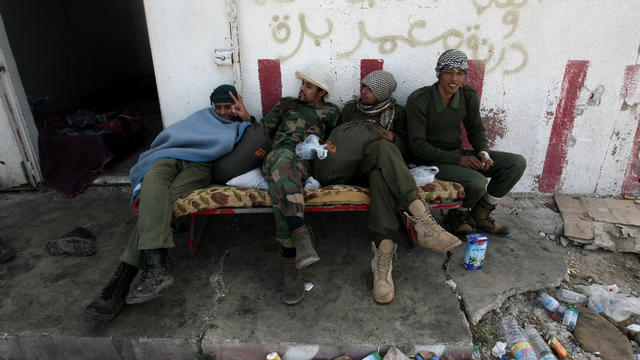
In addition to requiring on-the-ground training, arming Libya's rebels may mean giving weapons to America's enemies
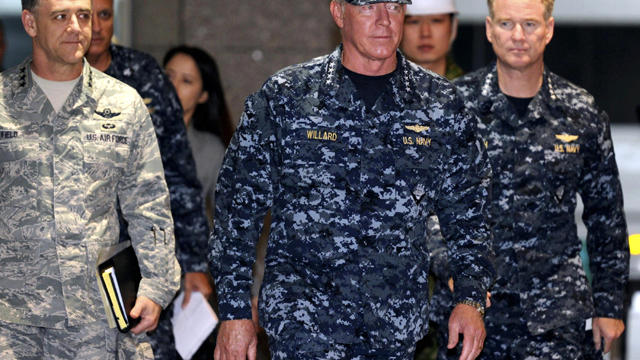
U.S. military personnel, families could be ordered to leave areas threatened by radiation after aircraft carrier's departure
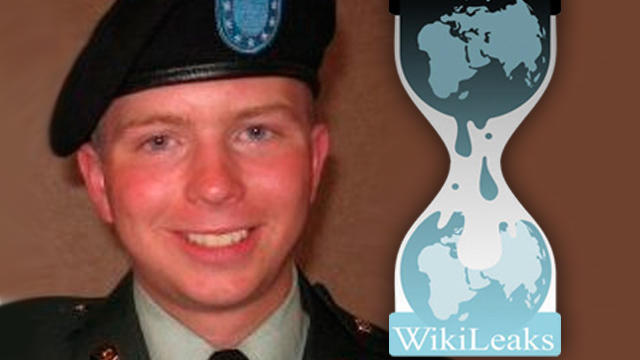
Pentagon says treatment of accused Wikileaks leaker has been reviewed and found legal by the Department of Defense, Navy and Marine Corps
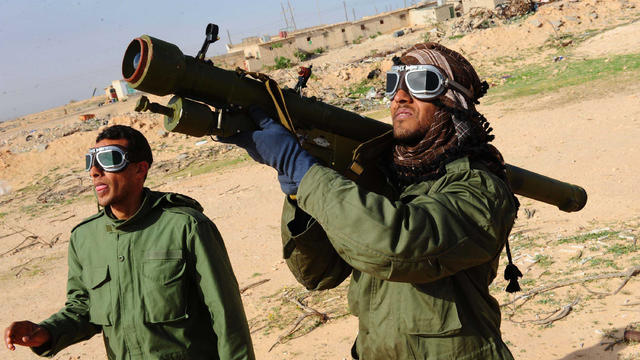
The most talked-about option to curtail Libya's crisis is a no-fly zone, but it comes with considerable risks, veterans say
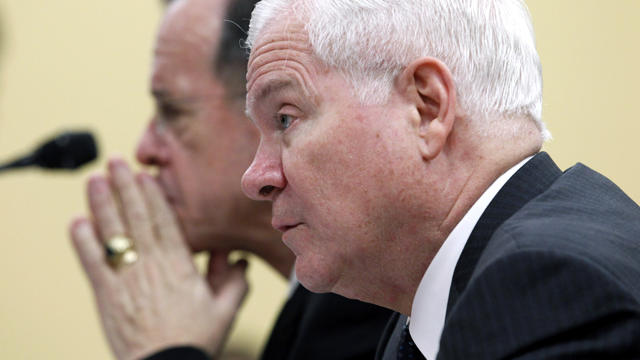
David Martin: Defense secretary tells lawmakers no need to have U.S. military set up no-fly zone now

As a contingent of U.S. Marines moves closer to Libya, Defense Secretary Gates weighs basic options against worst-case scenarios
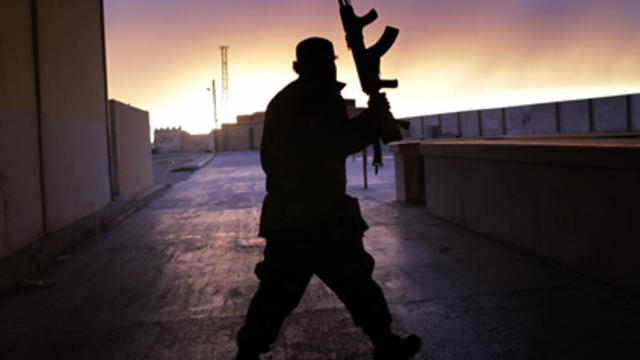
U.N. sanctions, freezing assets, banning Libyan officials from international travel all on table with bombing Qaddafi

With So Many Longstanding Regimes Suddenly Threatened, the Sands are Shifting in the Middle East
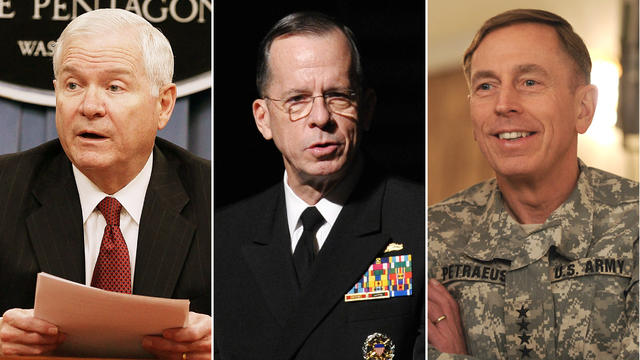
Gen. James Cartwright expected to succeed Adm. Mike Mullen, but there is an investigation into his relationship with a female aide
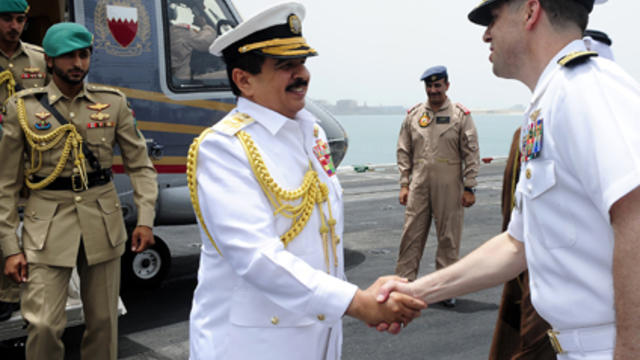
Gulf state that attacked pro-democracy demonstrators a key port for U.S. Navy since World War II